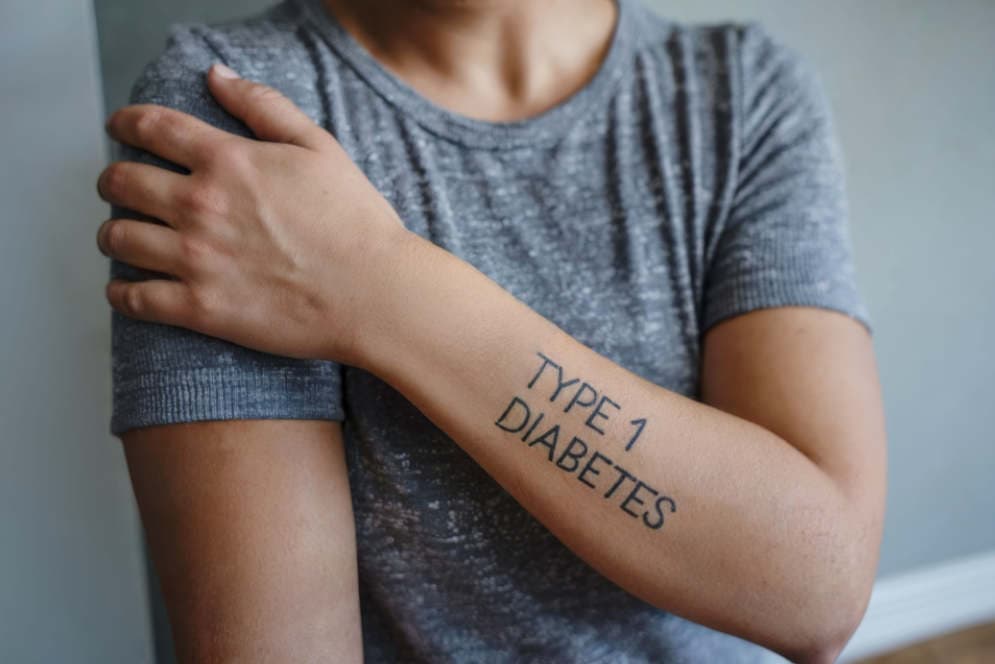Simple blood test measures type 1 diabetes autoimmunity in children
Innovative assay requires minimal blood sample while providing high accuracy
Researchers have developed a simple, robust blood test that accurately measures type 1 diabetes-related autoimmunity using minimal blood volumes, making it particularly suitable for paediatric patients. Called BASTA (β cell antigen-specific T cell assay), this test captures CD4+ T cell responses to pancreatic beta cells, offering an improved method to track autoimmune responses in both clinical trials and community settings.
Advancing beyond autoantibody testing
Type 1 diabetes (T1D) is characterised by an autoimmune attack where the body’s own T cells target and destroy insulin-producing beta cells in the pancreas. While current diagnostic methods rely on measuring autoantibodies to beta cells, these antibodies are not directly involved in the disease pathogenesis and cannot accurately predict when an individual will progress to clinical T1D requiring insulin therapy.
“Although islet autoantibodies are a useful marker for identifying individuals at high risk of developing T1D, they are not believed to have a direct role in the pathogenesis of T1D,” explain Lacorcia and colleagues in their paper published in Science Translational Medicine. “Furthermore, islet autoantibodies are poor predictors of when an individual will progress from normal glucose tolerance to dysglycemia and ultimately insulin-dependent, clinical T1D.”
The researchers set out to develop a test that could more directly measure the activity of CD4+ T cells, which play a central role in the autoimmune pathogenesis of T1D.
A simpler, more sensitive approach
The BASTA test developed by Matthew Lacorcia and colleagues from St Vincent’s Institute of Medical Research measures the production of the cytokine interleukin-2 (IL-2) as a proxy for anti-beta cell autoimmunity. The researchers demonstrated that the test can be performed with just 2-3 millilitres of whole blood, making it suitable for children.
Importantly, when comparing BASTA with the existing CFSE-based proliferation assay, the researchers found that BASTA was more sensitive and specific for detecting T1D-specific responses to beta cell antigens. The test requires minimal laboratory processing, has a short 24-hour culture period, and plasma samples can be stored, shipped, and analysed in batches.
Validation in diverse patient groups
The researchers validated their test in a cross-sectional cohort of children and adolescents, including:
- 10 low-risk participants without T1D
- 22 participants with a relative with T1D
- 32 participants diagnosed with T1D
The study revealed that full-length C-peptide (PI33–63), a fragment of proinsulin, showed high specificity for T1D with an area under the curve (AUC) of 0.86. The test was particularly effective at distinguishing between individuals with new-onset T1D and those without T1D.
Potential for monitoring disease progression and treatment response
“We conclude that full-length C-peptide, but not the other PPI peptides tested, stimulates T1D-associated CD4+ T cell responses in young people, which we can measure with BASTA,” the authors write in their paper.
This development has significant implications for clinical practice and research. The authors propose that BASTA will be valuable for monitoring changes in beta cell antigen-specific memory CD4+ T cell function in clinical trials and other research settings.
“Because of its simplicity and robustness, we believe BASTA will be a useful and powerful tool for both dissecting autoimmune CD4+ T cell responses and monitoring changes in clinical trials and community settings,” conclude the researchers.
Improving T1D management and intervention
The ability to accurately measure T cell responses specific to T1D could potentially enable better prediction of disease progression and help evaluate the effectiveness of emerging therapies aimed at modifying the immune response against beta cells.
While the current study did not evaluate whether BASTA could predict progression to clinical T1D, the researchers suggest that future work could explore this application. The platform can also be easily adapted to different antigens and peptide combinations as new research identifies additional T cell targets in T1D.
With further validation, BASTA may eventually allow more accurate prediction of when an individual will progress to requiring insulin therapy and provide a much-needed tool for evaluating therapeutic interventions in this autoimmune disease.
Reference
Lacorcia, M., Bhattacharjee, P., Foster, A., et. al. (2025). BASTA, a simple whole-blood assay for measuring β cell antigen–specific CD4+ T cell responses in type 1 diabetes. Science Translational Medicine, 17, eadt2124. doi: https://doi.org/10.1126/scitranslmed.adt2124





